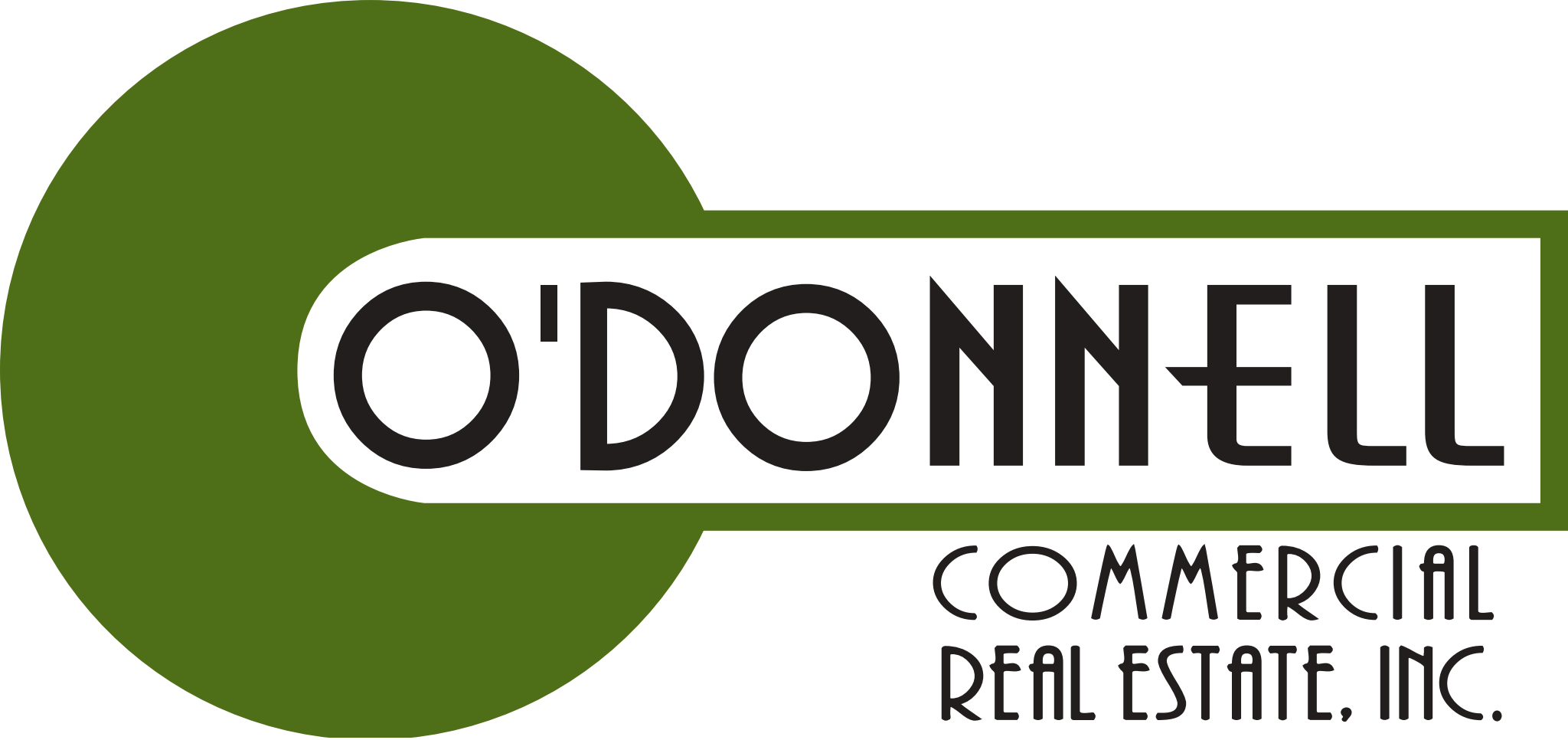Whether you choose to lease an existing medical office or build a customized space from the ground up, each choice presents its own set of advantages and disadvantages. In order to help you make an informed decision that aligns with your practice’s needs and long-term goals, you must first prioritize your needs.
When negotiation takes place for leasing or buying your next office space, it’s important to have a skilled team in your corner to look out for what’s best for you and your business. We work hard to negotiate buying or leasing terms on your behalf, provide expert advice, and will leverage our network of vast contacts and resources.
Leasing a Medical Office Space Pros
- Cost-effective and immediate occupancy: Leasing a medical office space eliminates the upfront costs associated with construction, such as permits, architectural plans, and building materials. It allows you to start practicing immediately without the time-consuming process of building a new facility.
- Flexibility and scalability: Leasing provides flexibility in terms of location, size, and lease duration. It allows you to choose a space that meets your current needs and easily adapt as your practice grows or if you need to relocate.
- Reduced maintenance responsibilities: Property management and maintenance tasks, including repairs, landscaping, and utility management, are typically handled by the property owner or management company. This frees up your time and resources to focus on patient care and growing your practice.
Leasing a Medical Office Space Cons
- Limited customization options: Leased spaces often come with predefined layouts and limited customization options. You may have restrictions on making significant modifications, which can limit your ability to design the office space to your exact specifications.
- Higher long-term costs: While leasing may be cost-effective initially, over the long term, monthly lease payments can accumulate and surpass the costs associated with owning a building. Rent increases over time can also affect your profitability, along with hidden added fees associated with lower rent prices.
Building a Medical Office Space Pros
- Tailored design and functionality: Building your medical office space allows you complete control over the design and layout, ensuring it meets your specific needs and workflow requirements. You can optimize the space for patient comfort, staff efficiency, and the integration of advanced medical technologies.
- Long-term investment: Owning a medical office building can be a wise long-term investment. Over time, as property values increase, your asset may appreciate, potentially leading to financial gain if you decide to sell in the future.
- Potential rental income: If you have additional space in your building, you have the option to lease it to other medical professionals, generating an additional income stream for your practice.
Building a Medical Office Space Cons
- Higher upfront costs: Building a medical office space requires substantial upfront investment for land acquisition, construction, permits, and equipment. In general, healthcare buildouts cost upwards of two times more than a traditional commercial real estate space. Increased electrical, HVAC, plumbing and required durability of materials are all factors that contribute to this.
- Time-consuming construction process: Building a custom medical office space involves a lengthy construction process, which can cause delays in opening your practice. Coordinating with architects, contractors, and regulatory authorities can be challenging and time-consuming.
Maintenance and operational responsibilities: As a building owner, you are responsible for all maintenance and operational tasks, including repairs, utilities, and landscaping. These ongoing responsibilities can require additional resources and time management.
Start your search near or in Chicago today! Call us at 630.444.0444 for more information. | odcre.com
